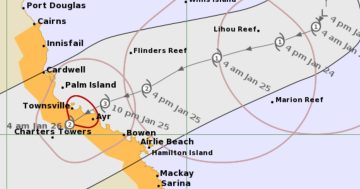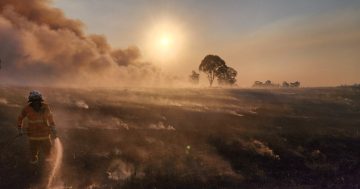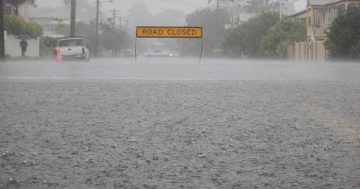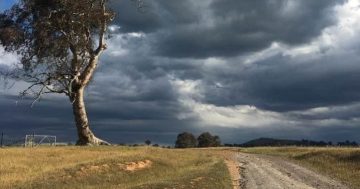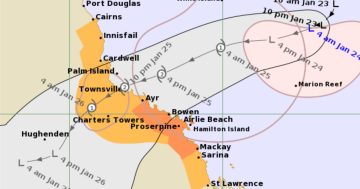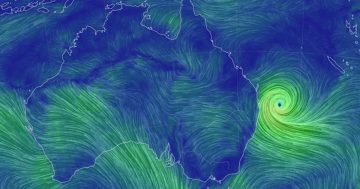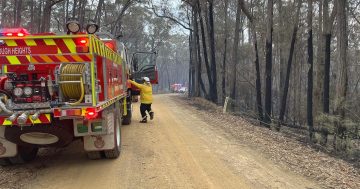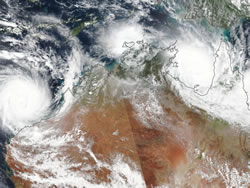 The Department of Fire and Emergency Services (DFES) is urging people in the State’s north to be aware of cyclone risks with an expected increase in intrastate tourism over summer.
The Department of Fire and Emergency Services (DFES) is urging people in the State’s north to be aware of cyclone risks with an expected increase in intrastate tourism over summer.
Deputy Commissioner Operations at the Department, Craig Waters said the Bureau of Meteorology’s Tropical Cyclone Outlook for the 2020-21 season predicted an “average to above-average” number of cyclones during the Wet Season, which typically extends from November to April.
“Tropical cyclones pose a significant risk to property and lives, bringing strong winds, heavy rainfall, flooding and storm surges and can impact anywhere from the Kimberley to the Midwest-Gascoyne,” Mr Waters said.
“Last season, Tropical Cyclone Damien brought destructive winds up to 194km/h, torrential rain, flooding and dangerous storm tides that caused people to relocate, businesses to shut down, damage to buildings and road closures in the North West.”
He said he expected more intrastate visitors to cyclone-affected regions, so tourists needed to have an emergency kit ready, stay up-to-date with weather forecasts and check the Emergency WA website regularly for alerts and warnings.
“The wet season can bring a lot of rain, with localised flooding common. I can’t stress enough the importance of never driving through floodwaters,” Mr Waters said.
“People travelling inland should also take note of potential flooding risks created by tropical lows, which often produce heavy rainfall and fast-flowing water in rivers and catchment areas.”
The Bureau of Meteorology said that with La Niňa now established there was also an increased risk of a cyclone prior to Christmas off North West Western Australia.
“Whilst the outlook provides guidance about whether the season will be more or less active than normal, it is not a good indication of the threat to communities, as it only takes one tropical cyclone to significantly impact a community,” the Bureau said.
“Nor does the number of cyclones indicate the severity of any systems that form, or how extensive the rainfall and flooding can be,” it said.


